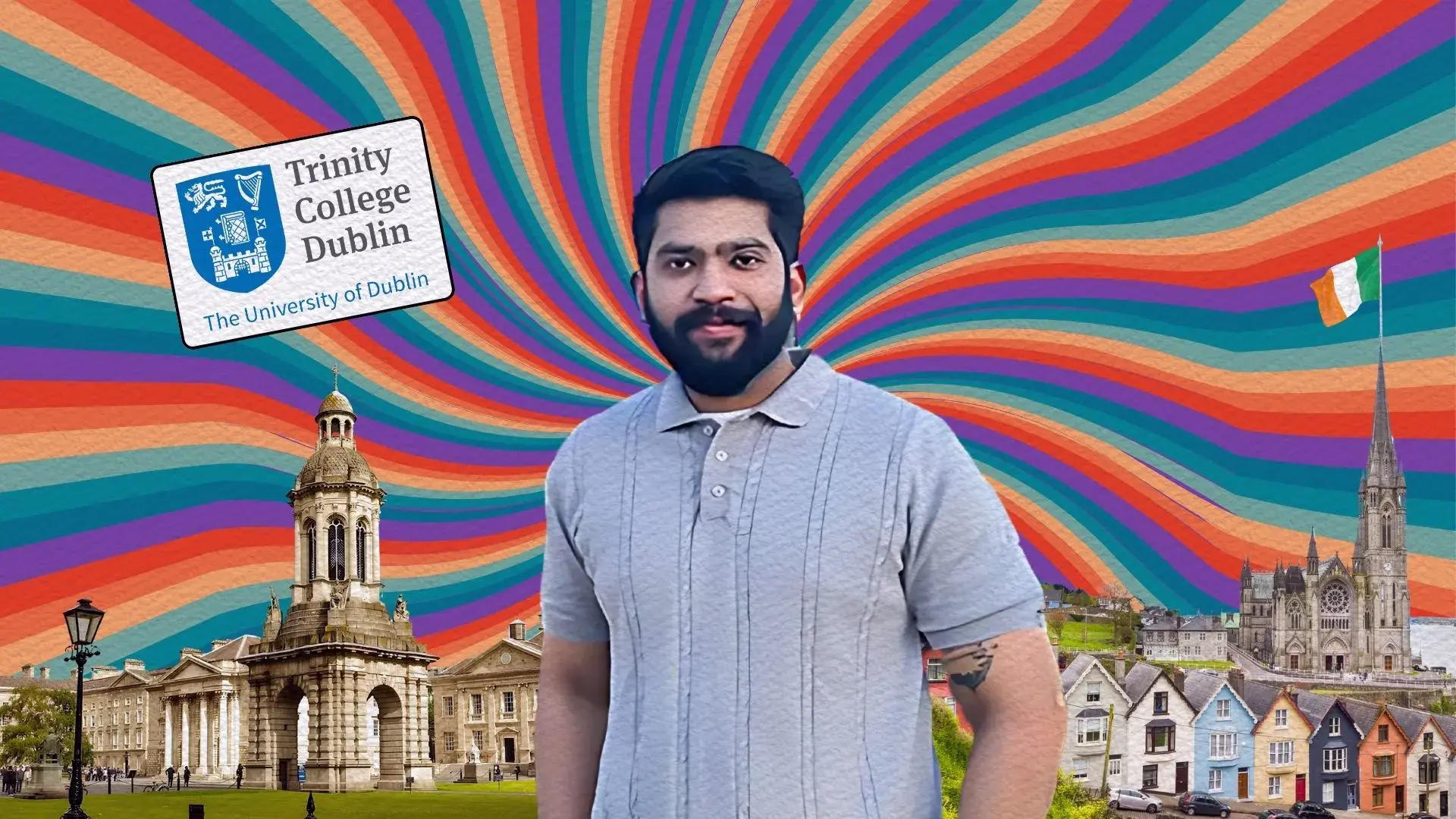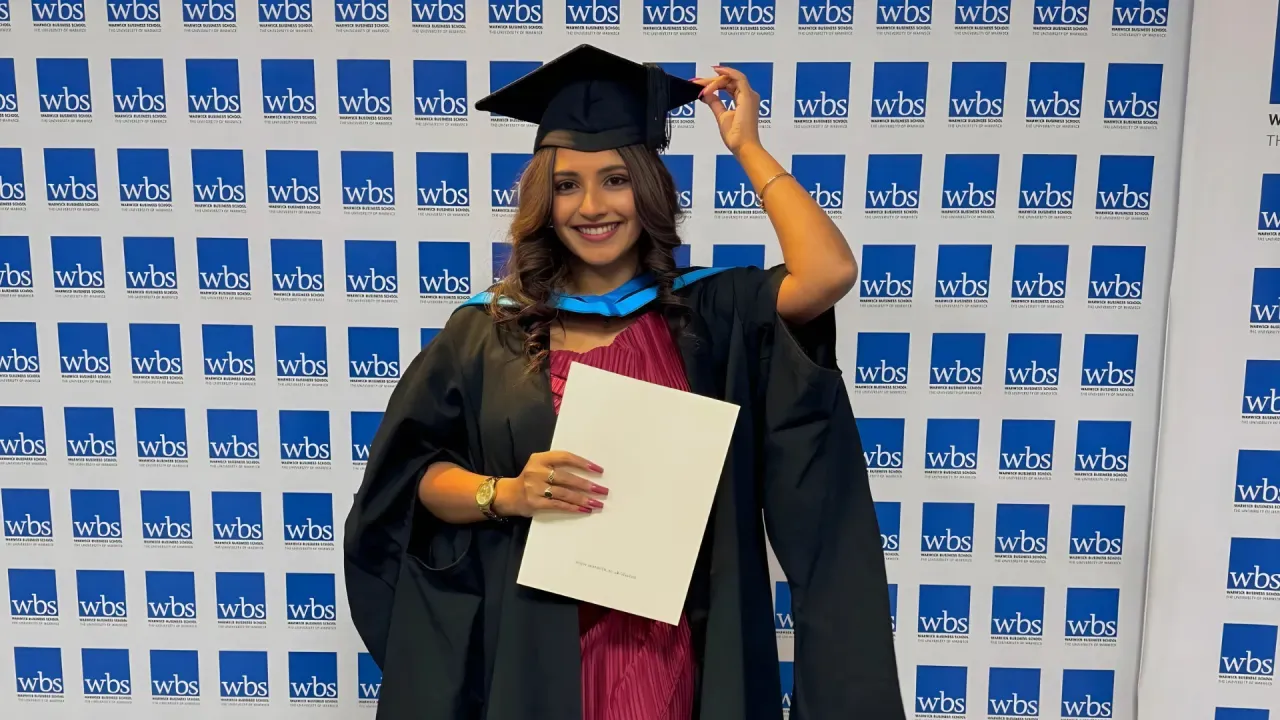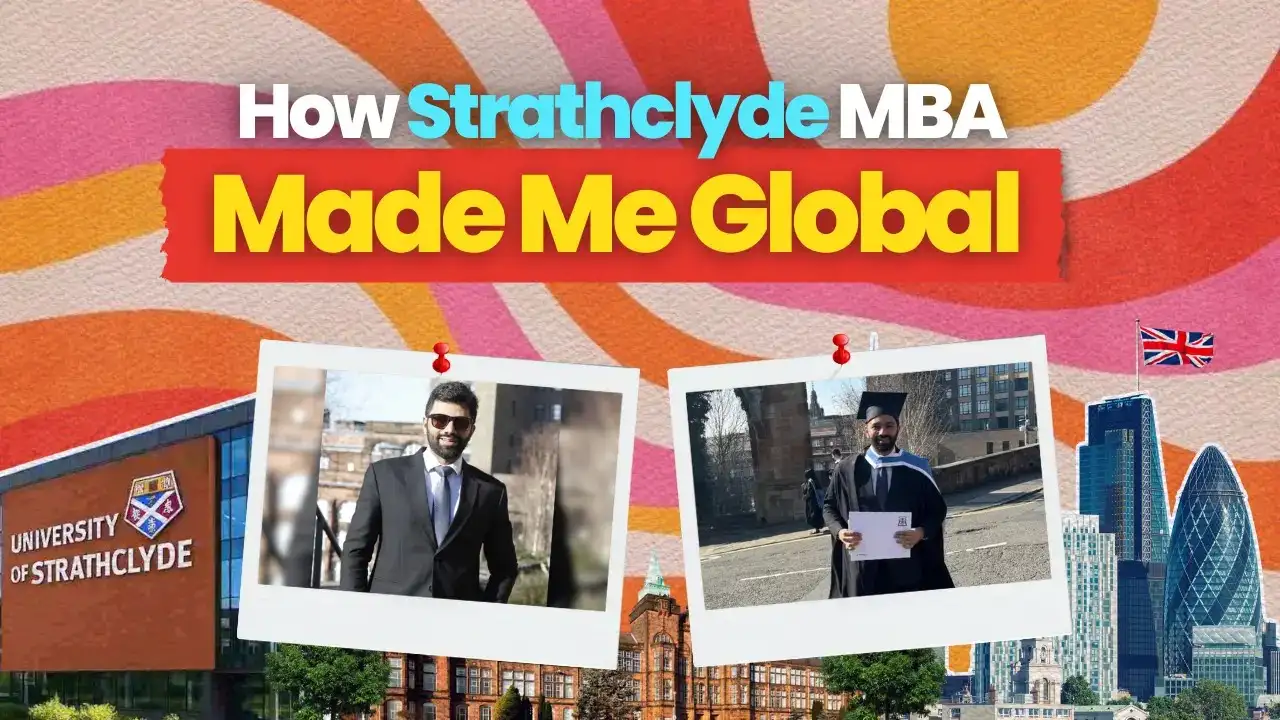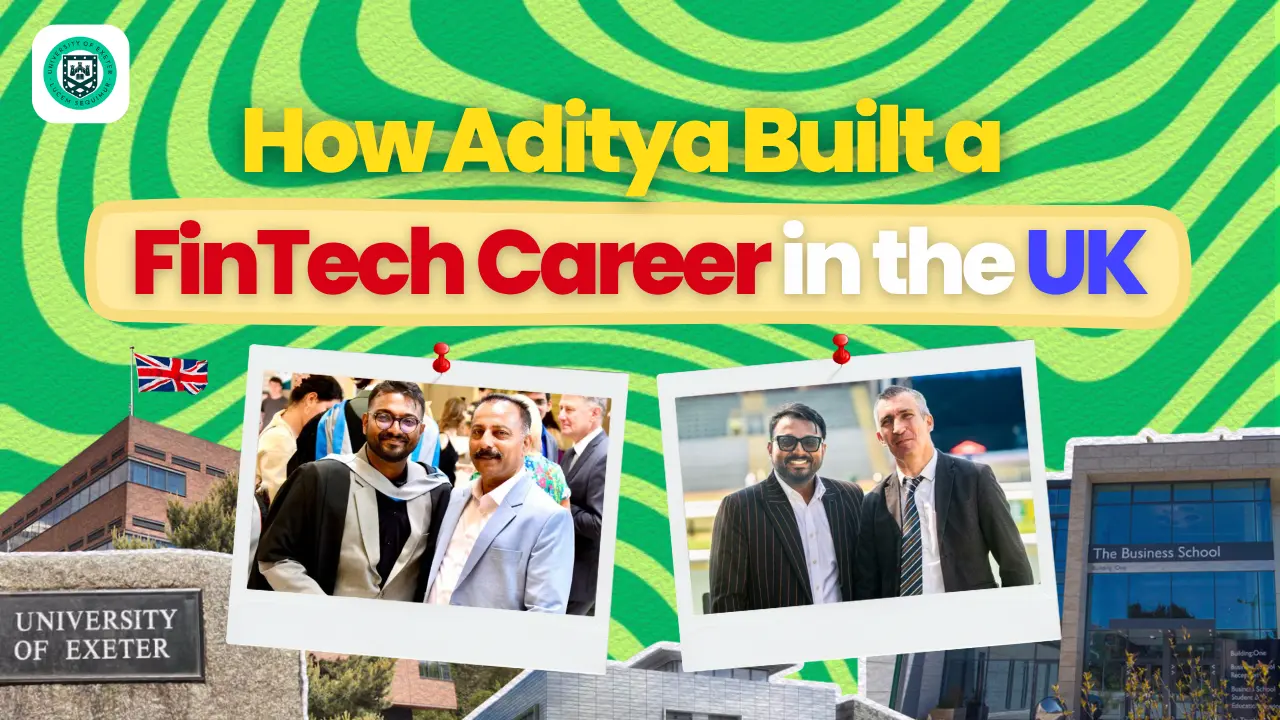Student Reviews
Just Like a Movie: Sarthak’s Fresh Start in Ireland

I am Sarthak Sharma, a technical program manager at Mastercard. I completed my Master’s in Business Analytics from Trinity College, Dublin. I spoke with Leap about my journey for their expert student series—Indians who had studied abroad recently and are still in that country pursuing their dreams—because I want to help others wanting to take the same career path that I took.
Q: Tell us about your background.
I completed my engineering in 2017 from the Vellore Institute of Technology in Tamil Nadu. I then worked for almost 4 years in India as a solutions engineer at Dell Technologies in Bengaluru. By the time I left the company, I had reached the position of Manager. At that point, I felt it was the right time to start applying for further opportunities.
Q. Why did you want to study abroad?
It started when I felt like the Indian IT sector lacked a work-life balance. This was especially true for bachelors as they were expected to work close to 14-15 hours a day.
After a point, I didn’t feel like it was worth it. I wanted to move to a country where there is a work-life balance. Europe was my top choice due to its connectivity and work-life balance.
Ireland was emerging as a financial hub and that opened up a lot of opportunities. Upon my research, I realized that people with experience are recruited for higher-level managerial positions if they have experience.

Q. How did you decide where to go and study? What was the process like?
Initially, I was very interested in Australia. But when I applied for an MBA, COVID hit, and the government made it clear that obtaining citizenship would be difficult. I didn’t want to invest so much in a master's and then struggle with residency issues.
The UK was another strong option. I assessed whether I could get into a top-five UK university or if it would be easier to secure a place in Ireland’s best institutions. Given my experience, Ireland seemed like the better choice.
At that point, I also shifted my focus from an MBA to Business Analytics since the field offers more flexibility, you can enter both management and technical roles depending on your interests. Based on that, I applied to Trinity College Dublin and University College Dublin (UCD).
I received offers from multiple universities, but as soon as I got my acceptance letter from Trinity, I knew it was the right choice because I wanted to study at a top institution.
Q. What was it like to study there?
Going back to college after work was completely different; it felt refreshing. It was just like what you see in movies—the social life, the freedom, and the excitement of learning again.
Assignments are given regularly based on what is taught in class, which means you have to stay engaged throughout. When I first moved, I chose to stay in student accommodation, which was a great decision. Being in a new country, I wanted to make connections and build friendships, and this helped a lot.
The diversity in my class was another highlight. We had Indians, Chinese, Nigerians, and a lot of students from the US. It was a cultural shock at first, but an incredible learning experience. The country has a very relaxed and friendly culture.
Q. Can you tell us about your expenses?
I initially stayed in student accommodation, sharing a 2BHK with three others, which kept my rent at around €700/month (₹63,000). Groceries cost around €150–€200 (₹13,000–₹18,000) per month. For a comfortable student life, expect to spend at least €500 (~₹45,000) per month on food, transport, and other miscellaneous expenses, in addition to rent.
To live comfortably in Dublin as a student, you should budget at least €1,500–€1,700 (₹1.35–1.53 lakh) per month, with accommodation being the biggest expense.
My family helped with the tuition. I had also saved up some money.
Q: How challenging was your job hunt after graduation? Is there any particular strategy that worked for you?
I started applying after completing my final semester project in August 2023. But my Indian-style, two-page resume wasn’t effective. Resumes are expected to be concise (one to 1.5 pages) and ATS-friendly (Applicant Tracking System) in Ireland. Applications are filtered out before they even reach a recruiter, so incorporating keywords from job descriptions is essential.
After multiple rejections, I adapted my resume, started receiving callbacks, and eventually secured a role as a Technical Program Manager at Mastercard.

Q. Any advice for fresh graduates?
Many students restrict themselves to roles related to their field of study, such as a Data Science graduate applying only for Data Scientist positions. However, you have to be flexible.
Understanding your visa timeline is also important. After completing a one-year Master’s, graduates receive a two-year post-study visa. Securing a sponsored job within this period is essential to remaining in Ireland. So rather than holding out for an ideal position, it is more practical to first secure employment and later transition into a preferred role.
Recruiters and HR professionals often move between companies, meaning past interview performances can influence future opportunities.
Most importantly, being ready to pivot is essential. For example, a marketing graduate might also consider opportunities in sales, customer success, or business development.



